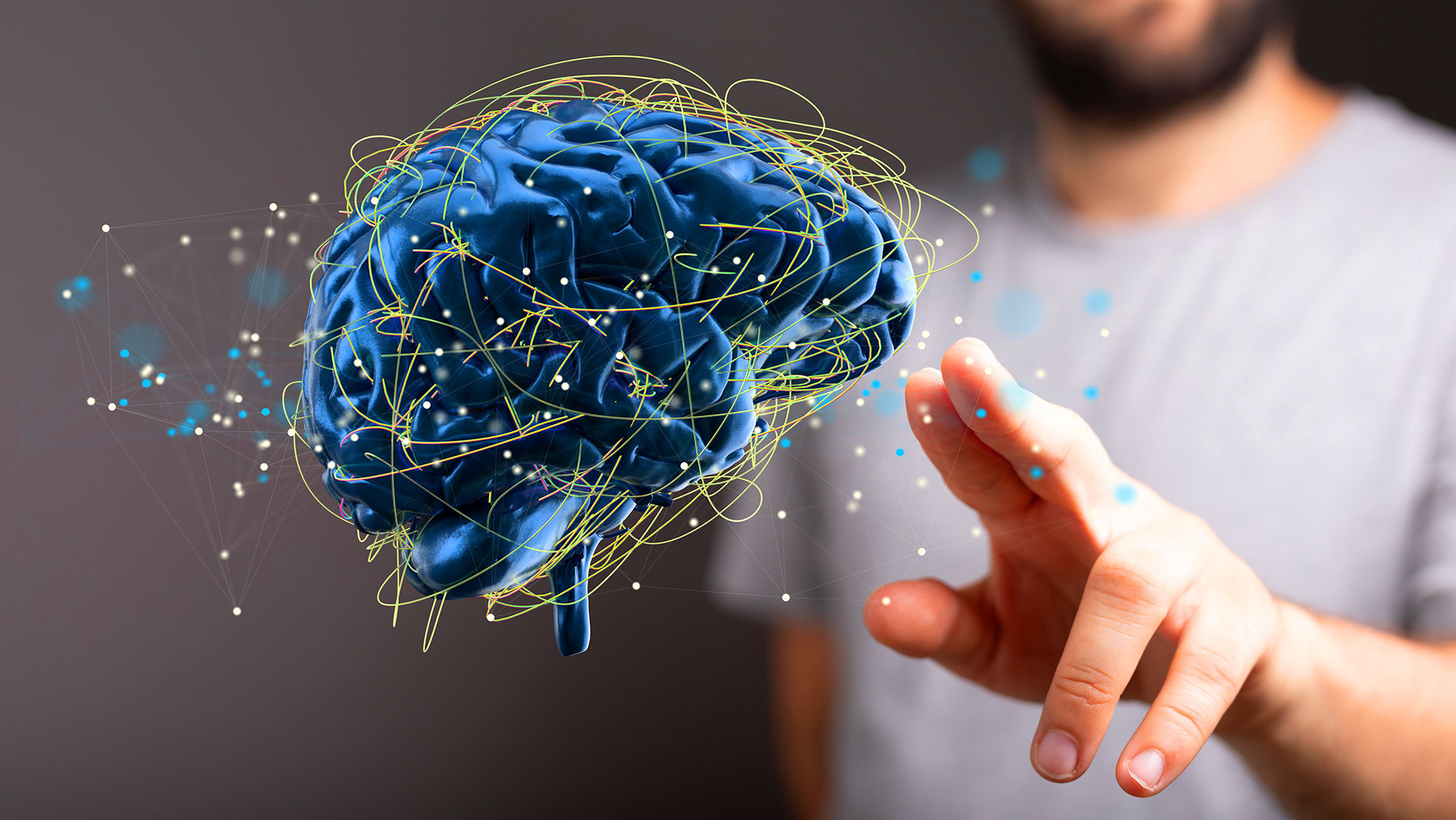We often think of mental and physical health as separate entities, but the reality is they’re deeply interconnected. Our minds and bodies are in constant communication, affecting each other in ways we might not always recognize. Addressing mental health isn't just about emotional well-being; it’s a crucial component of overall wellness. So, let’s dive into …
We often think of mental and physical health as separate entities, but the reality is they’re deeply interconnected. Our minds and bodies are in constant communication, affecting each other in ways we might not always recognize. Addressing mental health isn’t just about emotional well-being; it’s a crucial component of overall wellness. So, let’s dive into how our mental state influences our physical health and why taking care of our mental health is vital for a healthy body.
Understanding the Mind-Body Connection
Our minds and bodies are linked in a complex web of interactions. When you’re stressed, anxious, or depressed, it doesn’t just stay in your head; your body feels it too. Scientific research has shown that mental health can significantly impact physical health, and vice versa. For instance, stress can lead to physical symptoms like headaches, fatigue, and even chronic diseases. Conversely, chronic physical illnesses can lead to mental health issues. It’s a two-way street, and understanding this connection is key to addressing both aspects of health effectively.
Effects of Mental Health on Physical Health
Mental health issues can manifest in various physical health problems. For example, stress and anxiety can contribute to cardiovascular issues like heart disease and hypertension. Your immune system can take a hit, making you more susceptible to infections. Digestive health can also suffer, with conditions like irritable bowel syndrome (IBS) often linked to stress. Chronic pain conditions such as fibromyalgia can be exacerbated by mental health struggles. The connection between mind and body is profound, affecting every system in our bodies.
Psychosomatic Symptoms and Disorders
Psychosomatic symptoms are physical symptoms caused or worsened by mental factors. These can range from headaches and stomach aches to more severe conditions like somatic symptom disorder, where individuals experience significant physical symptoms without a medical explanation. Psychogenic pain, where emotional distress manifests as physical pain, is another example. Understanding that psychological factors can cause real, tangible symptoms is crucial in treating these conditions effectively.
Impact of Stress on Physical Health
Stress is a major player in the mind-body connection. When we’re stressed, our bodies release hormones like cortisol and adrenaline. In small doses, these hormones help us handle immediate threats, but chronic stress keeps these hormones elevated, wreaking havoc on our health. Chronic stress can lead to high blood pressure, a weakened immune system, and increased inflammation, contributing to a range of health problems. It’s essential to manage stress effectively to maintain both mental and physical health.
Positive Mental Health Practices
Improving mental health can have a positive ripple effect on physical well-being. Practices like mindfulness and meditation can reduce stress and promote relaxation. Simple stress management techniques, such as deep breathing exercises, can lower cortisol levels. Therapy and counseling provide tools to cope with mental health issues, which in turn can alleviate physical symptoms. Incorporating these practices into your daily routine can lead to significant improvements in overall health.
Holistic Approaches to Wellness
Taking a holistic approach to wellness means looking at the whole picture—mind and body together. Practices like yoga and tai chi integrate physical movement with mindfulness, promoting both mental and physical health. Holistic nutrition focuses on foods that support both body and mind. By addressing health from an integrated perspective, we can achieve better results and a more balanced state of well-being.
Promoting Mental Health Awareness
Reducing the stigma around mental health is crucial. Open discussions about mental health issues can encourage more people to seek the help they need. Promoting mental health awareness in workplaces, schools, and communities can create supportive environments where individuals feel safe to share their struggles and seek professional help. By fostering a culture of openness, we can improve mental health outcomes for everyone.
Conclusion
Mental health profoundly impacts physical wellness, influencing everything from cardiovascular health to immune function. Addressing mental health is essential for achieving optimal overall health. By understanding the mind-body connection, managing stress, and integrating holistic practices, we can enhance both our mental and physical well-being. Prioritizing mental health isn’t just about feeling better; it’s about living healthier and more fulfilling lives.
Don’t wait until mental health issues start affecting your physical health. Prioritize your mental well-being today. Seek resources and support if you need it. Talk to a therapist, practice mindfulness, and adopt healthy habits. Remember, taking care of your mind is an investment in your body’s future.








